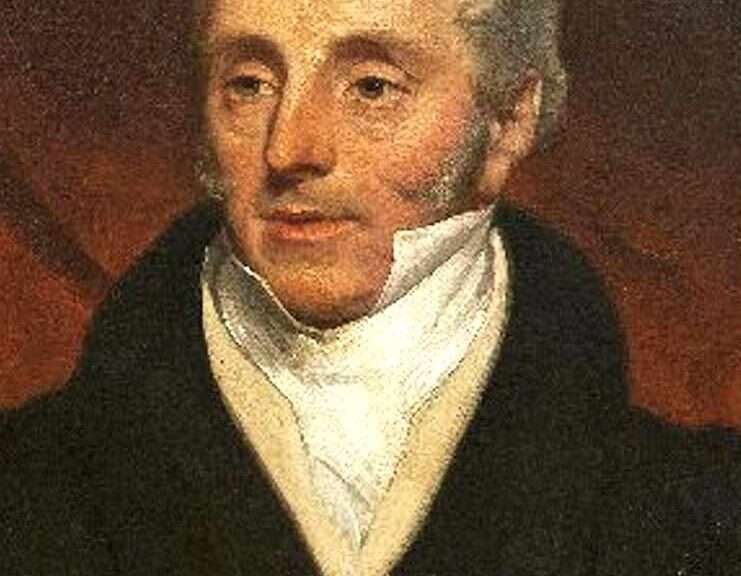ARTHUR GUINNESS II, born on this date (d: 1915) in Dublin, was the eldest son of Arthur Guinness, the man responsible for turning the brewery into a truly global giant. Growing up with two brothers, Benjamin and Edward, and a sister, Anne, he received an elite education at Eton and Trinity College Dublin, graduating in 1862.
Unlike his younger brother, Edward, Arthur was groomed for a life of aristocracy, rather than business. He was sent to Eton (Edward was homeschooled before joining the business at 15). He inherited his father’s baronetcy and was seen as the public face and head of the Guinness family. This sense of entitlement is highlighted by his easy assumption of his father’s parliamentary seat and his purchase of a home from former Prime Minister Gladstone for £35,000.
During its first three generations, Guinness had become the largest brewery in Ireland and a major exporter to Europe, the Americas and parts of Africa. Under the stewardship of Arthur and his youngest brother, Edward Guinness, the brewery continued to thrive; even the temperance movement, which bemoaned the social ills of alcohol, promoted the stout as a preferred alternative to spirits like gin and whiskey.
For Arthur, 1868 would be a life-changing year, beginning with the death of his father. He was elevated to the title of Baronet Guinness of Ashford, which had been created just a year earlier to mark Benjamin Lee’s achievements. His father left a fortune of £1.1 million (well over £100 million today) and the Guinness Brewery, the management of which became a partnership between Arthur and the youngest son, Edward. While the middle brother Benjamin and sister Anne received estates and money, they had no say in the business.
In the first decade of their ownership, the success of Guinness only expanded, with sales more than doubling from around 350,000 barrels sold in 1868 to almost 779,000 in 1876. In the decades that followed, it would rise to more than a million a year.
In the late 1860s, when House of Guinness is set, the LBGTQ+ community in Britain (which included Ireland) had to exist in secret. The death penalty for penetrative sexual acts between men had only just been abolished (although a court needed two eyewitnesses to prosecute), replaced in 1861 by life imprisonment.
By 1868, if Arthur Guinness’s (later the 1st Baron Ardilaun) sexuality had become public knowledge, it would have been bad news indeed. According to his biographer, Joseph Joyce, he probably was, and his marriage to Lady Olivia Hedges (Danielle Galligan) was most likely a lavender one.
In The Guinnesses, Joyce reveals that Arthur’s and Lady Olivia’s nuptials in 1871 were “arranged in advance as a marriage blanche, meaning there would be no sex implying strongly that Sir Arthur was gay.” Arthur Guinness, had resigned from the brewery in 1839 due to a brief affair with Dion Boucicault who was working as a clerk at the brewery.
In 1868, Sir Arthur Guinness narrowly won a seat in Parliament but his victory was immediately challenged on the grounds of bribery. He was accused of bankrolling a “dirty tricks” department that used an elaborate method to bribe freemen (Protestants with inherited voting rights).
Voters, it was claimed, were given a coded train ticket and directed to a backroom at a printing works, where three men from a lunatic asylum pretended to be clerks. Voters would then hand the ticket through a hole in a door to a hidden figure behind a wardrobe and receive an envelope containing a crisp £5 note in return.
However, as detailed in the series, the judge found the scheme was hatched behind his back by agents inside his campaign. So he was exonerated. Nevertheless, the election was voided and Arthur was barred from standing in another election during the incumbent parliament – an embarrassing end to a controversial campaign.
Despite being re-elected later, he lost his seat when his Conservative Party managers “tried to play the temperance card and the publicans finally deserted him”, the Irish Times reports.
Arthur Guinness died in 1915 at his residence at St Anne’s, Raheny, and his barony ceased to exist after his demise.
